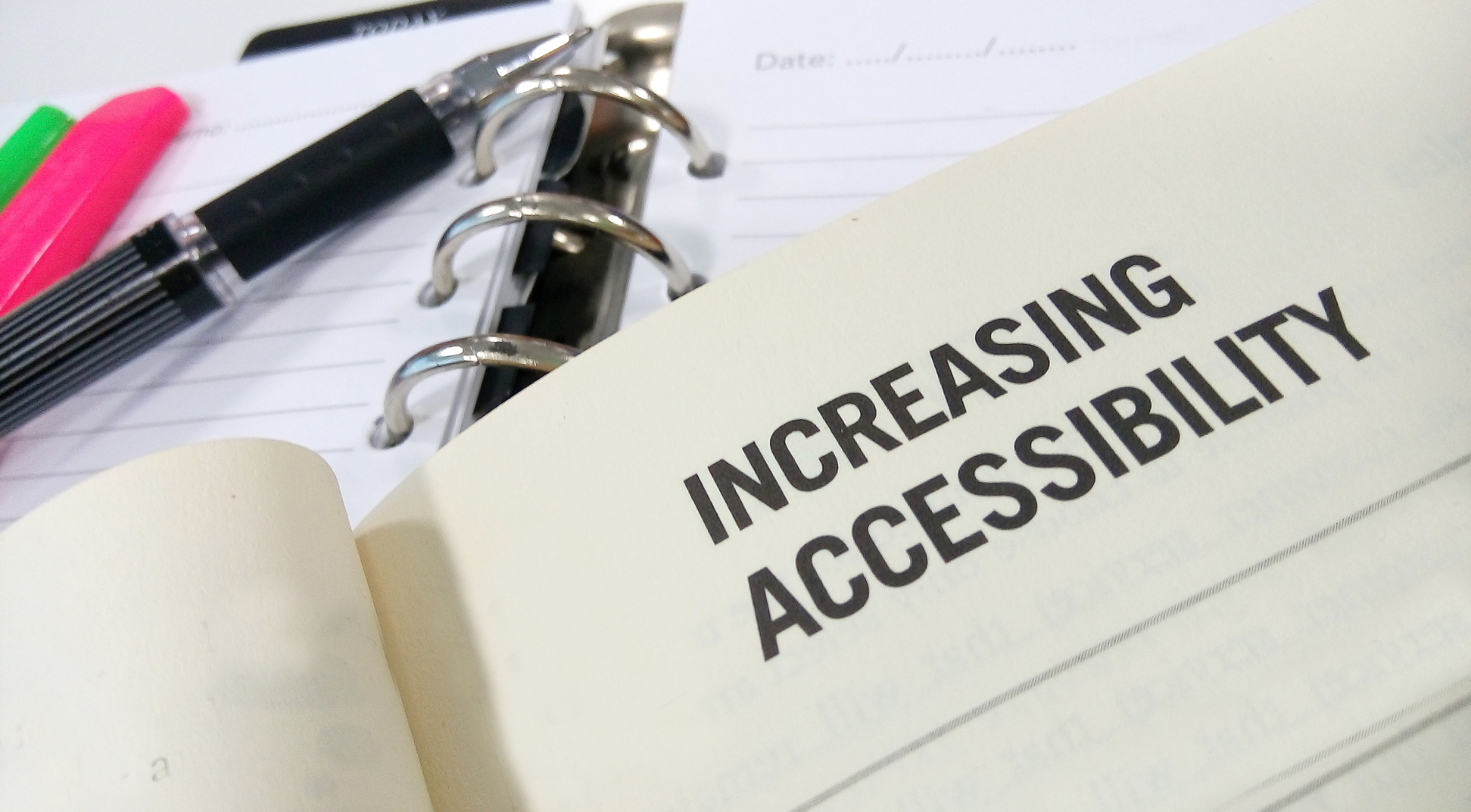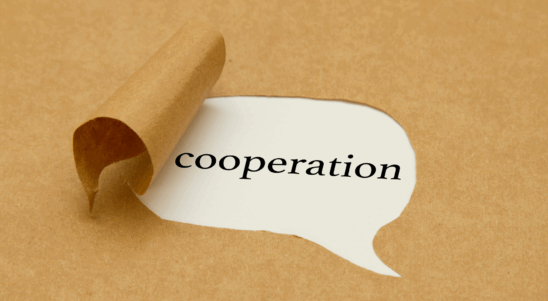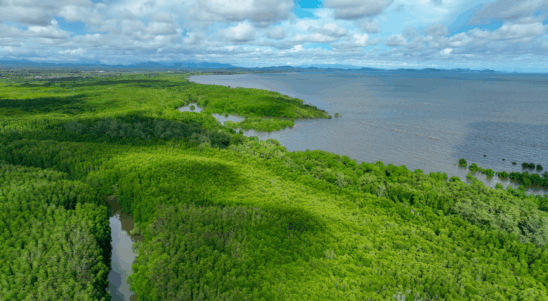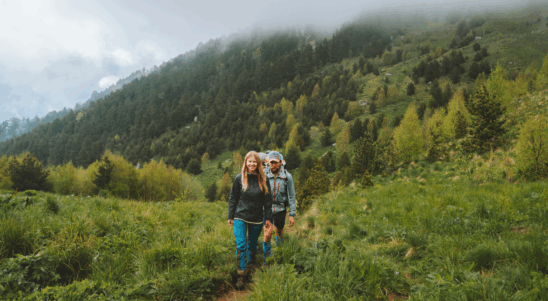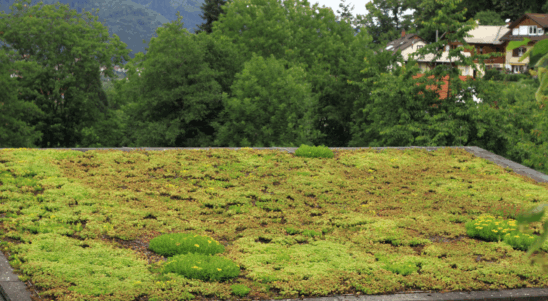Enhancing tourism accessibility for individuals with disabilities and special needs in the South Baltic area through AI-driven tools and inclusive design solutions.
Overview: The AIMused project targets the challenge of limited accessibility at tourism attractions in the South Baltic area, aiming to make these sites inclusive for people with disabilities, senior citizens, and individuals with special needs by integrating AI-driven tools and inclusive design solutions.
Key Objectives: The project focuses on improving accessibility in tourism attractions by developing and implementing AI-driven tools, thereby fostering a more diverse audience and enhancing participation in cultural, environmental, and educational opportunities.
Main Activities: The project delivers guidelines compiling best practices and recommendations for accessibility in tourism, focusing on inclusive design and AI-powered chatbots. It develops toolboxes that include tactile models and AI-based tools to enhance visitor interaction. Training materials and workshops support tourism professionals in applying these solutions, with publications disseminating outcomes for broader knowledge transfer.
Impact: AIMused sets a new standard for accessibility in tourism, ensuring that institutions can accommodate diverse audiences, leading to long-term changes in operations. Cross-border collaboration allows for the development of scalable solutions adaptable to various cultural contexts, enhancing the accessibility of cultural and natural heritage across the region.


